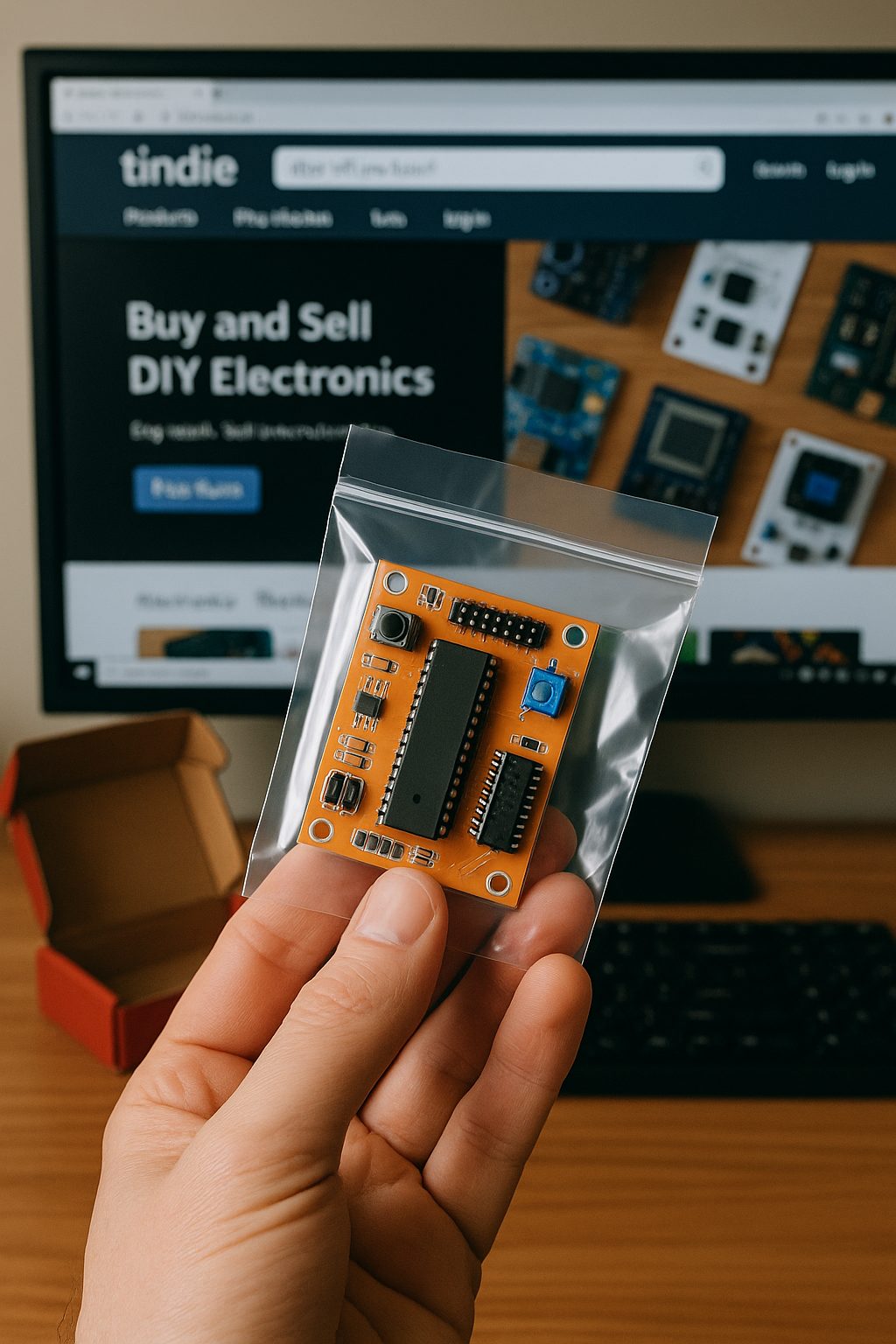Monero (XMR), known for its strong focus on privacy, has long been a favorite among users who prioritize financial confidentiality. However, 2024 has marked a pivotal year for Monero as it faces increasing regulatory scrutiny and exchange delistings. In this article, we will explore how Monero has navigated these challenges, the technological advancements it continues to make, and how its community is reacting to global regulatory changes.
The Regulatory Crackdown Intensifies
The regulatory landscape for Monero has changed significantly in 2024. Privacy coins like Monero have come under fire due to their ability to obscure transaction details, making it difficult for regulators to track illicit activities. This has led to increased scrutiny, particularly in the European Union (EU), where the Markets in Crypto-Assets (MiCA) legislation is being fully implemented in phases during 2024 and 2025. Under MiCA, privacy coins like Monero are facing tight restrictions, prohibiting crypto service providers from offering these coins due to their anonymous nature.
Kraken, one of the world’s largest crypto exchanges, announced it would delist Monero from its offerings in the European Economic Area (EEA) by October 31, 2024. This is a direct result of MiCA’s regulations. Kraken users in the EEA have until December 31, 2024, to withdraw their Monero, after which any remaining balances will be converted to Bitcoin at the prevailing market rate. [Source]
This isn’t the first time Monero has faced regulatory pressure. Countries like Japan, South Korea, and Australia had already banned privacy coins from trading platforms years ago, citing concerns over their potential misuse in illegal activities. Exchanges like Binance and OKX have followed suit, further limiting the availability of Monero. In January 2024, OKX removed Monero from its platform, citing compliance issues similar to those faced by Kraken. [Source]
The Market Impact of Exchange Delistings
The delisting of Monero from major exchanges has had a significant impact on its market value. Following Kraken’s announcement in early October 2024, Monero’s price dropped by over 15%, hitting a three-month low as investors reacted to the news. This is part of a broader trend, as Monero and other privacy coins have faced more than 60 exchange delistings globally in 2024, marking the highest number of delistings since 2021. [Source]
Monero’s market capitalization shrank by $280 million within a day of Kraken’s announcement, falling from $2.84 billion to $2.56 billion. This significant drop is reflective of how closely Monero’s price is tied to its availability on major trading platforms. The removal of Monero from high-volume exchanges has also limited liquidity, making it harder for large trades to occur without affecting the price. [Source]
Interestingly, the removal of Monero from highly regulated exchanges has led to increased trading on less-regulated platforms like Poloniex and Yobit, which now account for 40% of the global trading volume of privacy coins. This shift underscores the tension between regulatory compliance and the demand for privacy coins. [Source]
Technological Innovations Keep Monero Competitive
Despite the regulatory headwinds, Monero’s development continues at a strong pace. One of the most significant upcoming advancements is the integration of Seraphis and JAMTIS, two protocols that are expected to improve Monero’s privacy features. Seraphis is a new transaction protocol designed to enhance privacy by making it even more difficult to trace transactions on the Monero network. Meanwhile, JAMTIS offers improvements to the network’s efficiency and scalability, addressing one of the few criticisms Monero has faced in the past.
Monero has long relied on technologies like RingCT (Ring Confidential Transactions) and Stealth Addresses to keep transaction details anonymous. RingCT hides the amounts involved in transactions, while Stealth Addresses ensure that the recipient’s identity remains hidden. These technologies are key to Monero’s value proposition, and the upcoming upgrades will further solidify its status as one of the most private cryptocurrencies on the market. [Source]
Community Resilience and the Future of Privacy Coins
The Monero community remains highly resilient in the face of these challenges. Regular community meetings, such as the Monero Community Workgroup Meeting held in October 2024, provide a platform for developers and community members to collaborate on solutions. These meetings focus on development updates, community funding, and strategies to address the ongoing regulatory pressure. The community is determined to keep Monero’s core value of privacy alive, even as major exchanges turn away from privacy coins. [Source]
Looking forward, Monero’s future will likely involve a shift toward less-regulated exchanges and decentralized platforms, where it can continue to serve users who value financial privacy. As global regulations tighten, privacy coins may become more niche but will remain critical for those who prioritize anonymity in their financial dealings. Whether Monero will adapt to these regulatory environments while maintaining its privacy-first approach is one of the biggest questions for 2024 and beyond.
Some community members believe that Monero’s move away from centralized exchanges could be a positive development. Privacy coins, by nature, are designed to function independently of centralized institutions, making decentralized exchanges a more natural home for Monero. This sentiment is echoed by key figures in the Monero community, who argue that the removal of Monero from regulated exchanges is not a death knell but an opportunity for the coin to stay true to its roots.
A Pivotal Moment for Monero
As 2024 draws to a close, Monero finds itself at a crossroads. The combination of delistings from major exchanges, regulatory scrutiny, and price volatility presents significant challenges for the privacy coin. However, with ongoing technological innovations and a dedicated community, Monero is poised to remain a leader in the privacy coin space.
The future of privacy coins like Monero will depend on how they navigate the increasingly regulated cryptocurrency landscape. As governments around the world continue to implement stricter regulations, Monero’s commitment to user privacy will be tested. However, as long as there is demand for financial privacy, Monero will have a place in the cryptocurrency world.
Sources:
- Cryptobriefing – Kraken to Delist Monero in European Economic Area
- Coinspeaker – Monero Faces Highest Delisting in 2024
- Dailycoin – Kraken Delists Monero
- Bravenewcoin – Kraken Delists Monero in Regulatory Crackdown
- Monero.com – Monero Tech Meeting Updates
- Monero Observer – Community Workgroup Meeting










Leave a Reply